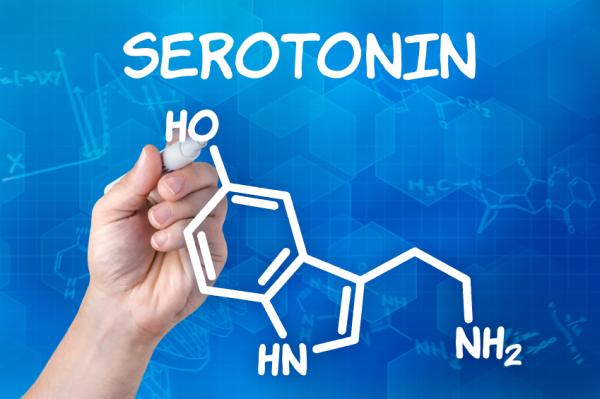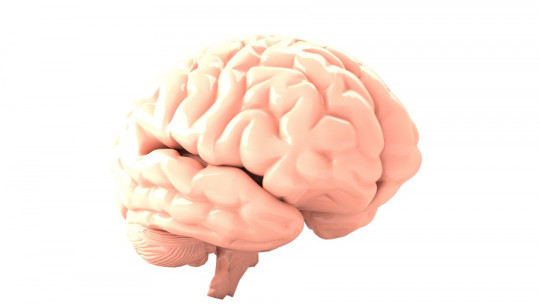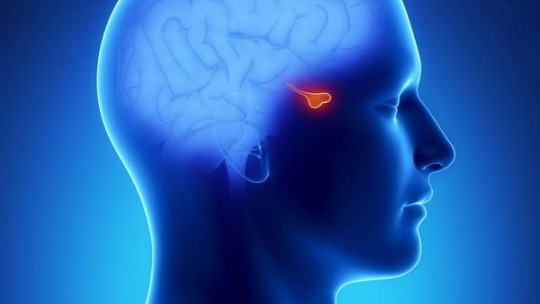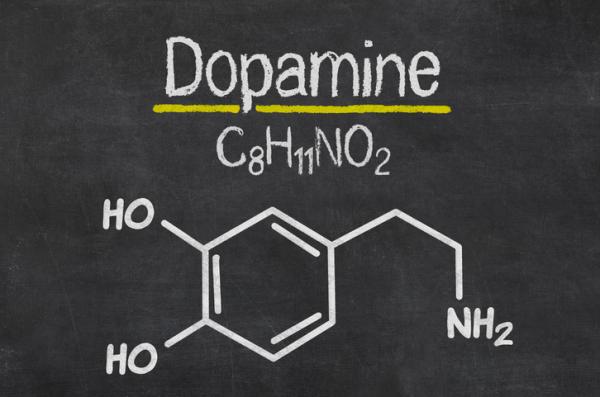The biological bases of happiness are necessary to facilitate psychological well-being and emotional balance. In our body we have chemical substances that are closely related to happiness and our brain is capable of generating them. Specifically, one of these substances is what is commonly known as the happiness hormone. Furthermore, this happiness hormone can be increased naturally in our body. If you want to know what the happiness hormone is called and what you can do to increase its levels, keep reading our PsychologyFor article: Happiness hormone: what it is and how to activate it
What is happiness?
Before knowing what the happiness hormone is, it is important to briefly know what is happiness Happiness has been an object of study in philosophy since ancient times. A variety of thinkers have tried to generate a universal definition of this concept, as well as establish the characteristic aspects of happiness. However, happiness is currently conceived as a subjective and relative emotion , it is also recognized that culture and society have a great weight in the idea of happiness that people develop. From psychology, happiness is a positive emotion, a positive emotional state related to satisfaction, motivation and the achievement of goals and objectives. It is a subjective well-being, which has a great influence on our thoughts, attitudes and behaviors. Positive psychology influences the idea that happiness is the result of the set of positive activities and positive emotions such as joy and tranquility.
What is the happiness hormone?
Happiness can also be analyzed from a biological point of view. From biology, happiness is the fluid brain activity that positively stimulates the limbic system, the part of the brain that is related to emotional states. In our body, we also have chemical substances linked to a positive emotional state.
He name of the happiness hormone It’s serotonin. The serotonin (5-HT) It is a chemical substance that our body produces naturally both in the brain and in the intestines. It is a neurotransmitter, which means that it enables connection between neurons , thus influencing the activity of our central nervous system. It is considered a hormonal neurotransmitter, since it not only acts in the brain, but also in other body regions. This substance plays a role in mood regulation essentially in psychological well-being and balance of emotions. That is why it is commonly nicknamed the happiness hormone.
Serotonin hormone of happiness
Serotonin is essential in the regulation of mood and emotions, since it is capable of generating the chemical reactions necessary to increase our levels of well-being Likewise, it helps to cope with stress and the demands of everyday life. The increase in this chemical substance in our body almost automatically generates sensations of well-being, relaxation and positivism This is why normal or balanced amounts of serotonin in our body produce benefits in our emotional health and promote psychological balance.
serotonin facilitates the regulation of anxiety, anguish and aggressiveness , as well as it is a great ally to combat states of sadness and irritability. However, an imbalance in this substance can lead to experiencing discomfort, anger, sadness, etc. Significantly low levels of this substance are directly related to depression. The relationship between serotonin and depression is complex; since the deficiency of this substance due to its low production by the brain leads to this mood disorder, while the development of a depressive disorder due to some external factor leads to a decrease in serotonin levels in the brain. Our organism.
Serotonin deficits have also been associated with aggressive states, anxiety, and obsessive-compulsive disorder (OCD). In fact, the pharmacology mostly used to help in the psychological treatment of these symptoms and pathologies are SSRI antidepressants, which block the reuptake of serotonin to increase its quantity and availability in the brain, with the aim of improving the mood. The abuse of antidepressants can produce an excess of serotonin, causing symptoms of nervousness and agitation.
Serotonin, in addition to its function in emotional regulation and its relationship with happiness, has other functions such as regulation of sleep, intestinal function body temperature, appetite, sexual function and coagulation.
How to activate the happiness hormone
As we have seen, serotonin plays a great role in regulating emotions. To increase the psychological benefits of this substance, we can increase its levels naturally. How to activate the happiness hormone? In the following ways:
1. Hormone of happiness and sport
The happiness hormone can be activated doing physical exercise regularly. Physical exercise has antidepressant benefits, in addition to increasing serotonin levels in the brain, promoting feelings of well-being. In addition to serotonin, exercise promotes release of endorphins , related to pleasure and serenity, as well as being positive for our physical health and state of the body. In this article you will find how to release endorphins.
2. Happiness hormone and foods
It is possible to activate the happiness hormone through a diet rich in tryptophan, since serotonin is produced thanks to tryptophan, a substance found in various foods. Therefore, the consumption of foods containing tryptophan They facilitate the natural production of serotonin. Some of these foods are: chicken and turkey, oily fish, walnuts and other dried fruits, legumes, cheese, dark chocolate pumpkin, spinach etc.
3. Trying to reduce stress levels
High stress levels decrease serotonin levels. Practicing breathing and relaxation exercises can help control stress, as well as going to psychological therapy if necessary.
4. Sleeping the necessary hours
Excess or lack of sleep has a negative influence on serotonin levels. The levels of this substance are restored during rest, so good sleep hygiene is important for our psychological well-being. Additionally, lack of sleep increases stress levels.
5. Looking for sunlight
Another substance that has an effect on the production of the happiness hormone is vitamin D. This vitamin increases with sun exposure. Carrying out outdoor activities or spaces with natural light are beneficial for emotional balance.
6. Avoiding excess caffeine
Coffee and other stimulating drinks in excess increase the hormones related to stress and nervous excitement, adrenaline and cortisol. These stress hormones hinder the natural production of serotonin.
7. Avoiding foods with refined sugars
These foods lack the necessary nutritional elements in the diet and are digested very quickly, so your appetite returns shortly after consuming them. Diet is closely related to the production of serotonin, so eat healthy foods and that they stimulate its production is beneficial for our body.
On the other hand, the consumption of foods such as industrial pastries, processed and artificial foods, are negative for our general health and for serotonin production.
8. Taking care of your emotional health
Taking care of yourself is not only about eating well and exercising, it is also about spending time doing activities that you find pleasurable, socializing with those people you want and dedicating time to yourself, understanding and listening to you.
This article is merely informative, at PsychologyFor we do not have the power to make a diagnosis or recommend a treatment. We invite you to go to a psychologist to treat your particular case.
If you want to read more articles similar to Happiness hormone: what it is and how to activate it we recommend that you enter our Neurosciences category.
Bibliography
- Alarcón, R. (2015). The idea of happiness. Science & Society Notes, 5(1), 2.
- Guadarrama, L., Escobar, A., & Zhang, L. (2006). Neurochemical and neuroanatomical bases of depression. Magazine of the UNAM Faculty of Medicine49(2), 66-72.
- Lacasse, JR, & Leo, J. (2006). Serotonin and Depression. Drug Bulletins9(1)









